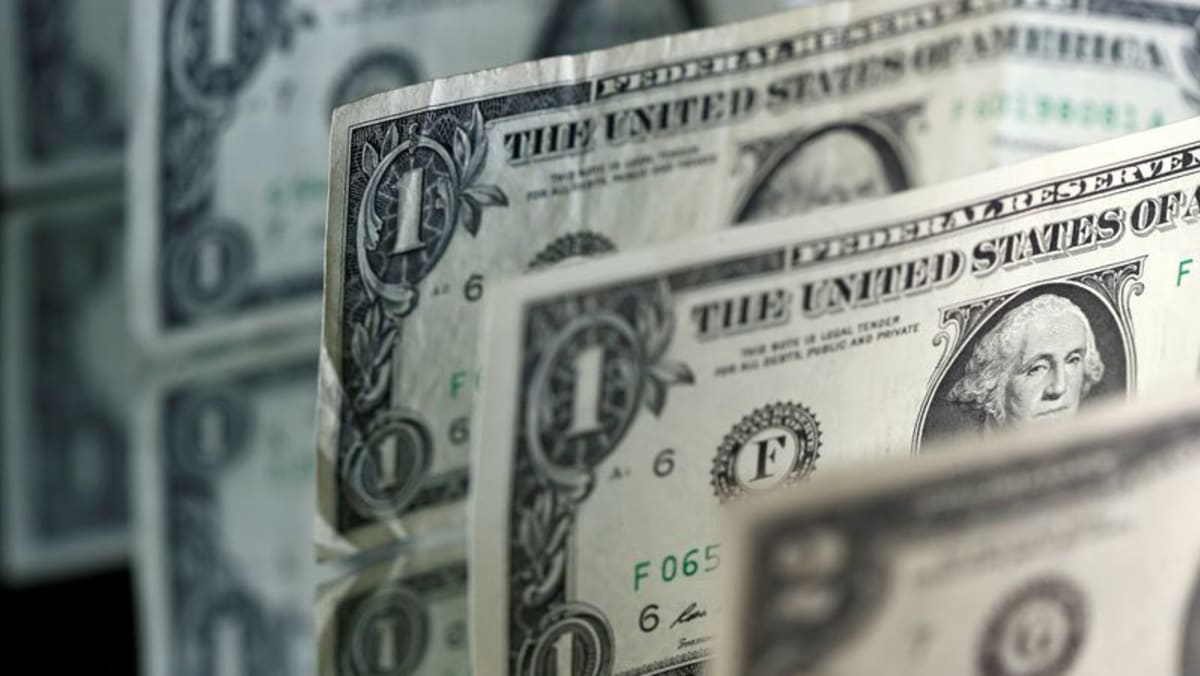HANOI: Vietnam's biggest conglomerate, Vingroup, said on Friday (May 16) it had submitted a proposal to build the country's multi-billion-dollar high-speed railway from Hanoi to Ho Chi Minh City, with state media reporting the government had welcomed the plan.
The project - which was slated to cost US$67 billion when it was approved in November - is a much-needed boost to infrastructure that is expected to drive growth and enhance Vietnam's reputation among foreign investors.
The line will stretch more than 1,500km from the capital in the north to the country's business hub in the south, and reduce the current journey time by rail from 30 hours to around five.
Vingroup confirmed to AFP on Friday that they had submitted a proposal to the government to build the line.
In a press statement, Vinspeed, a newly established company as part of the Vingroup empire, said the project would cost US$61 billion, and would start in December and be finished by 2030, five years ahead of the schedule set out last year.
The company said it would commit to mobilising 20 per cent of the total capital, equivalent to US$12.27 billion.
It proposed a zero-interest loan from the state for the remaining 80 per cent, excluding costs related to compensation and resettlement for land clearance.
"We will exert our best efforts ... to develop the project ... (and) pay the loans in due time," Dao Thuy Van, deputy director of Vinspeed, said in the statement.
The statement added that Vinspeed's proposal "will significantly help reduce pressure for the state budget".
Vietnam's National Assembly had in 2010 scrapped the high-speed project, then estimated at US$56 billion, over fears it was too costly.
Following a meeting on May 12, various ministries and agencies largely welcomed and supported Vingroup's proposal, according to state-controlled newspaper Tuoi Tre.
The government said it wanted to reach a decision before May 22, which would then be submitted to the National Assembly, which is currently in session.
Vingroup, parent group of Nasdaq-listed electric vehicle maker VinFast, is highly powerful in Vietnam, and its business interests span everything from healthcare to real estate and education to tech.
The conglomerate is owned by Vietnam's richest man, Pham Nhat Vuong.
Last month, Vingroup broke ground on a US$9 billion real estate project in a southern coastal area home to a UNESCO-listed mangrove forest.
Communist-run Vietnam has one of the lowest expressway densities in the region, although the country is pushing to expand it, and road transport costs are among the highest.
The country has been an increasingly favoured destination for foreign businesses looking for an alternative to China, but low-quality infrastructure is seen as holding back surging investment.

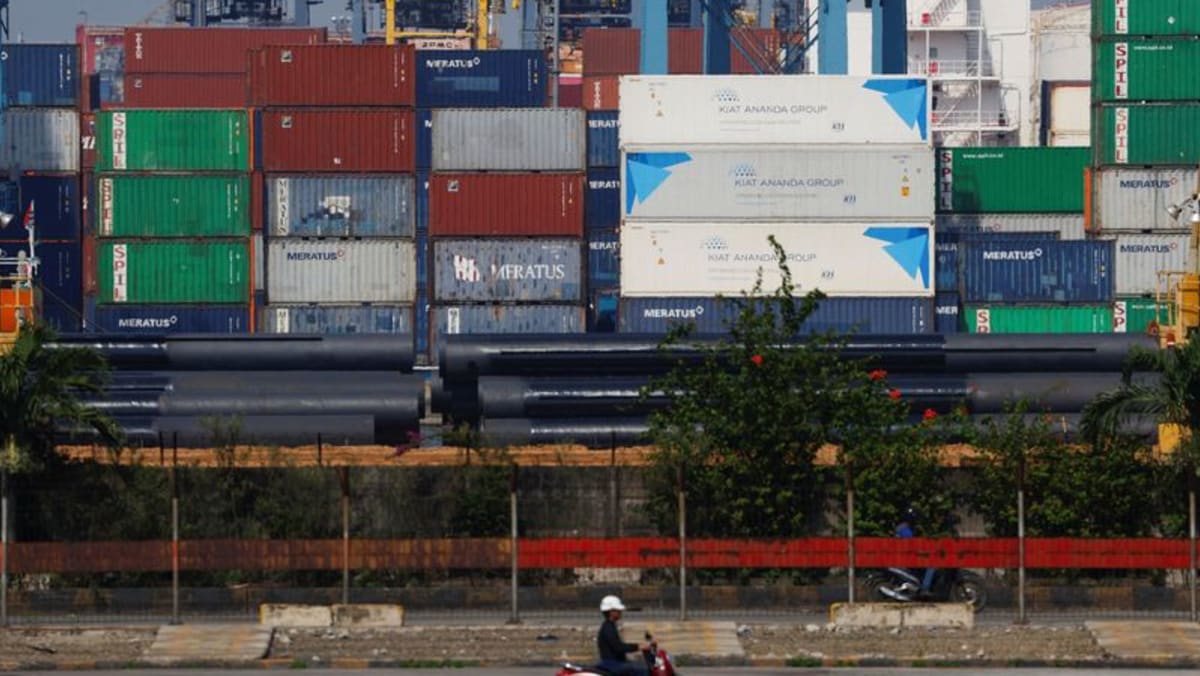



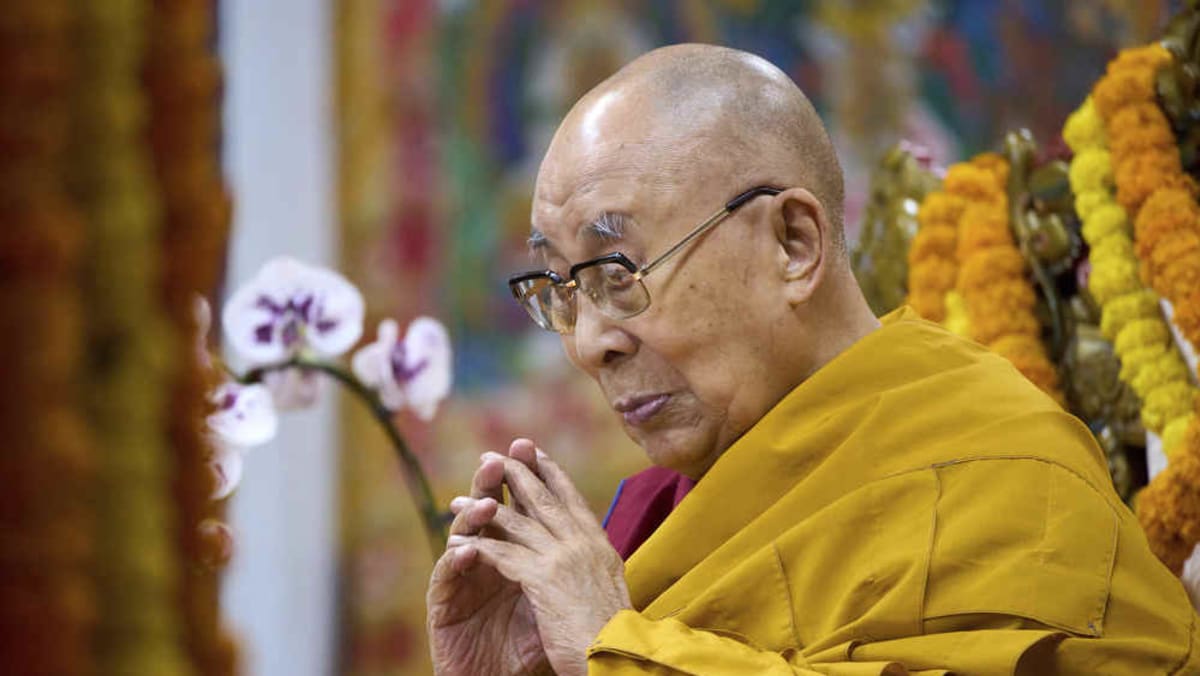

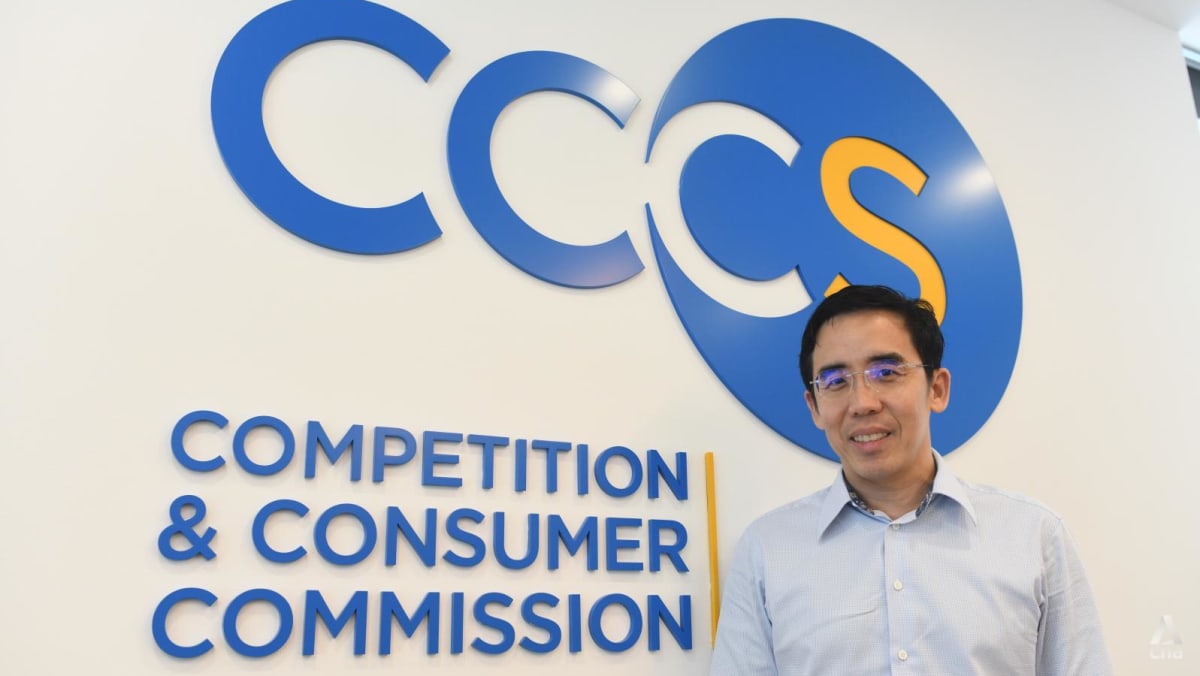
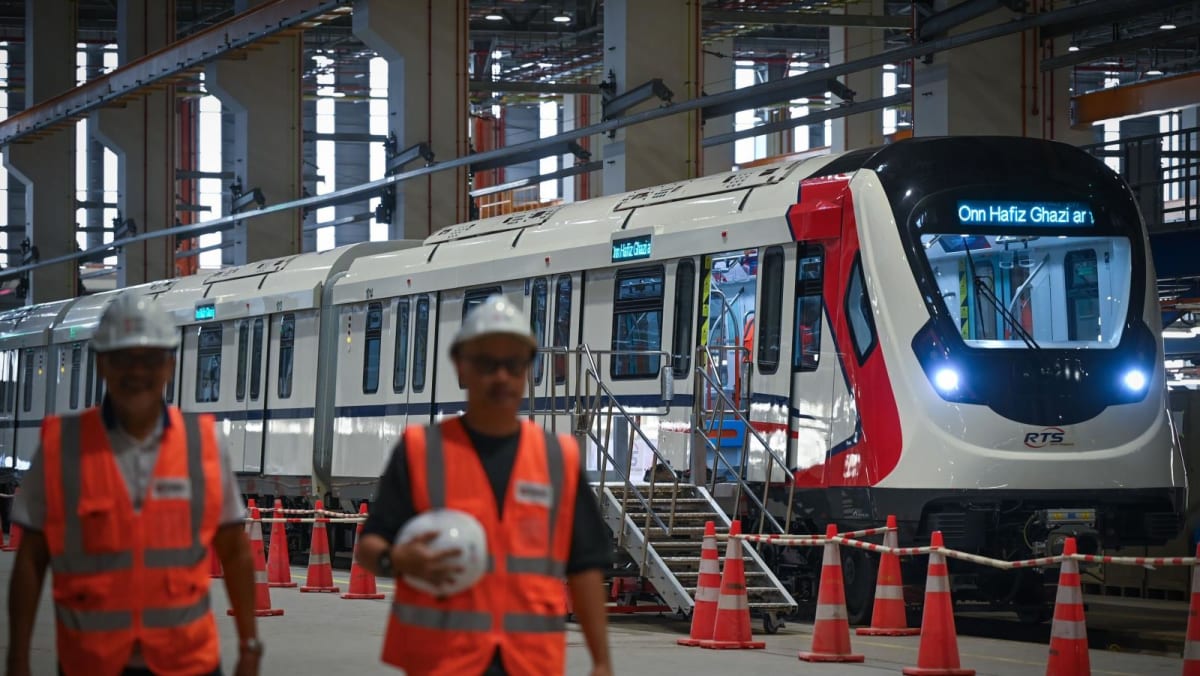
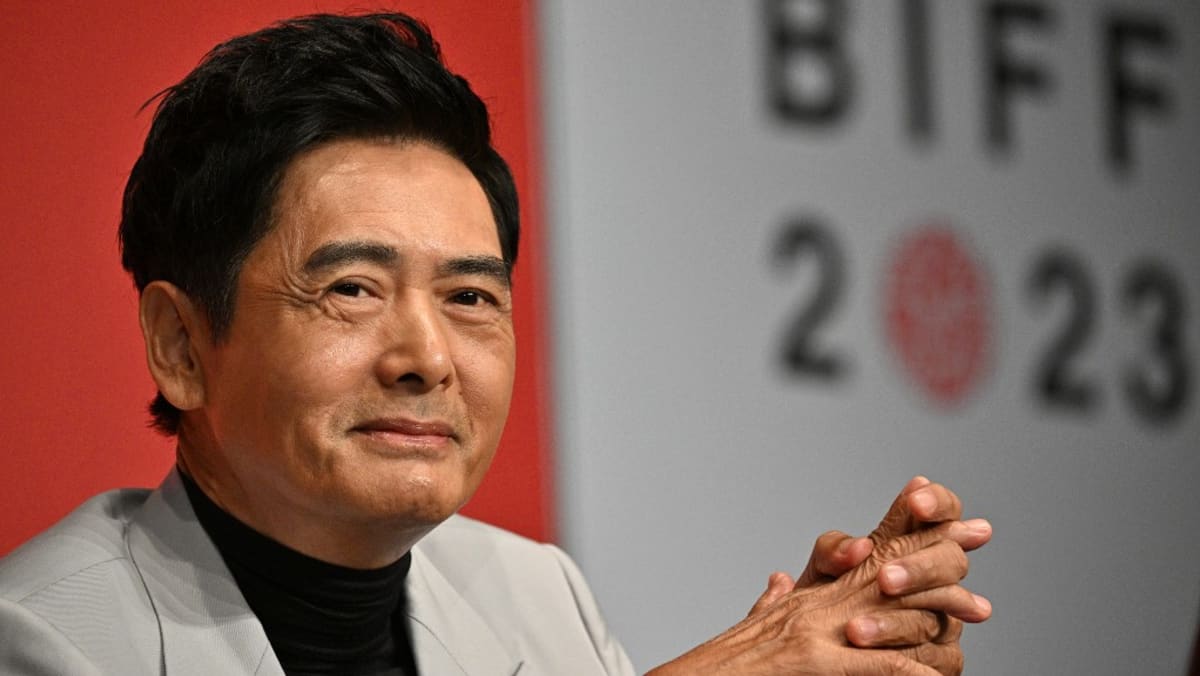



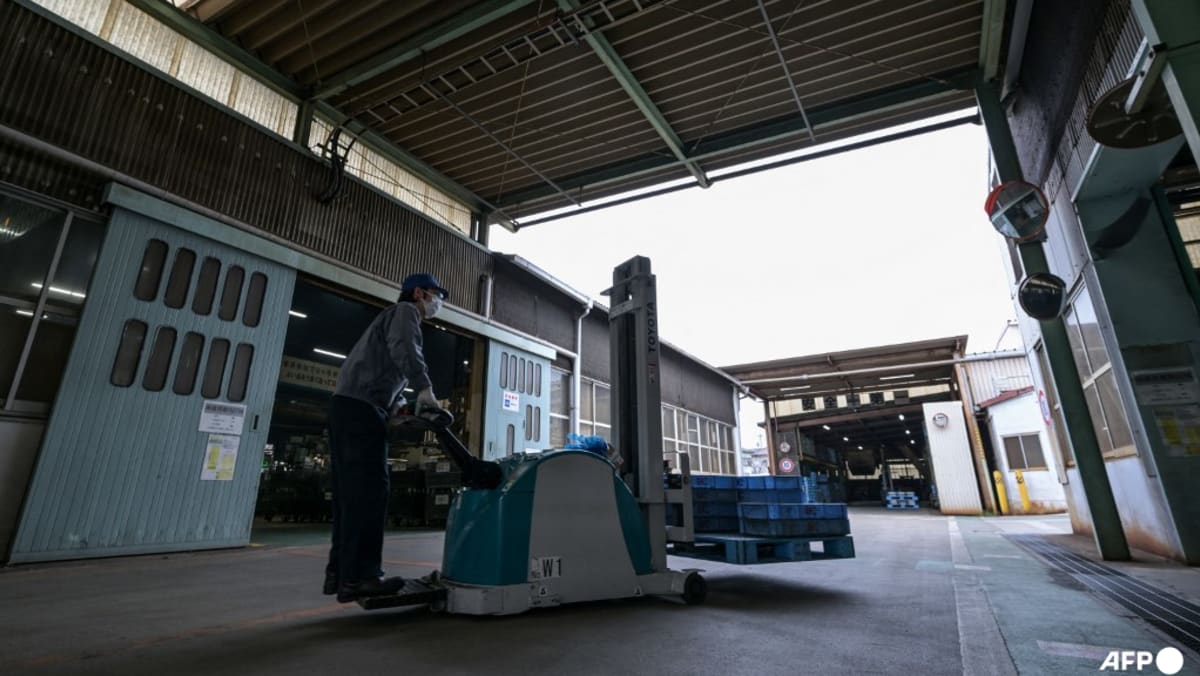



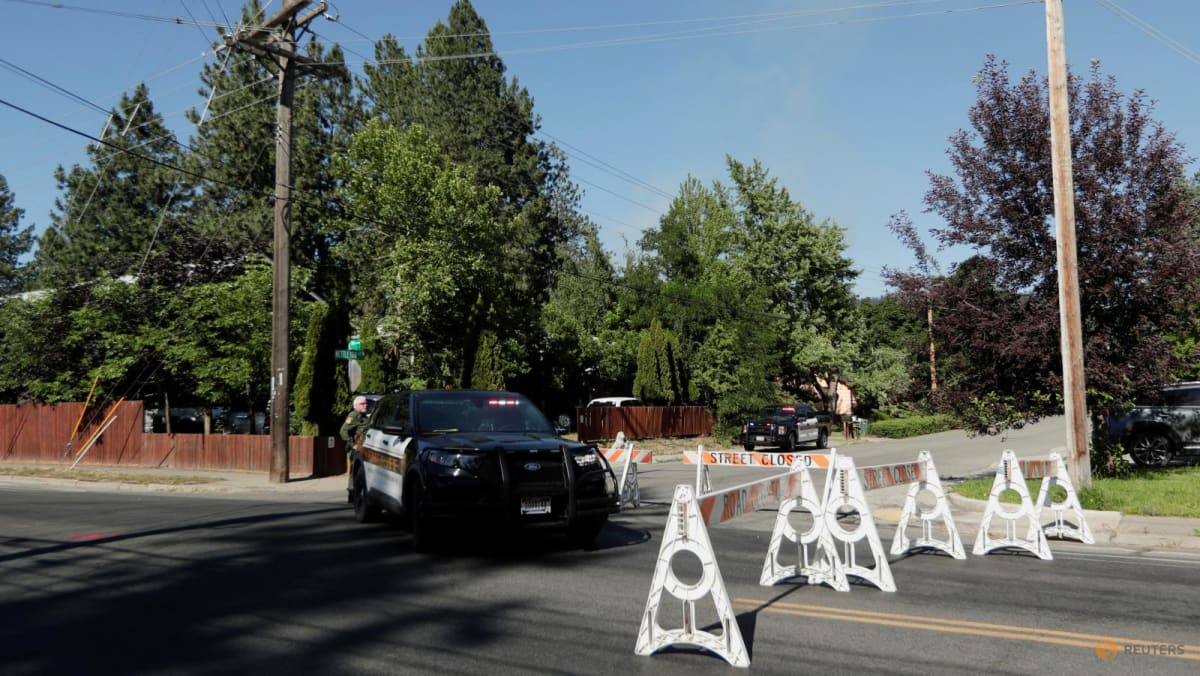
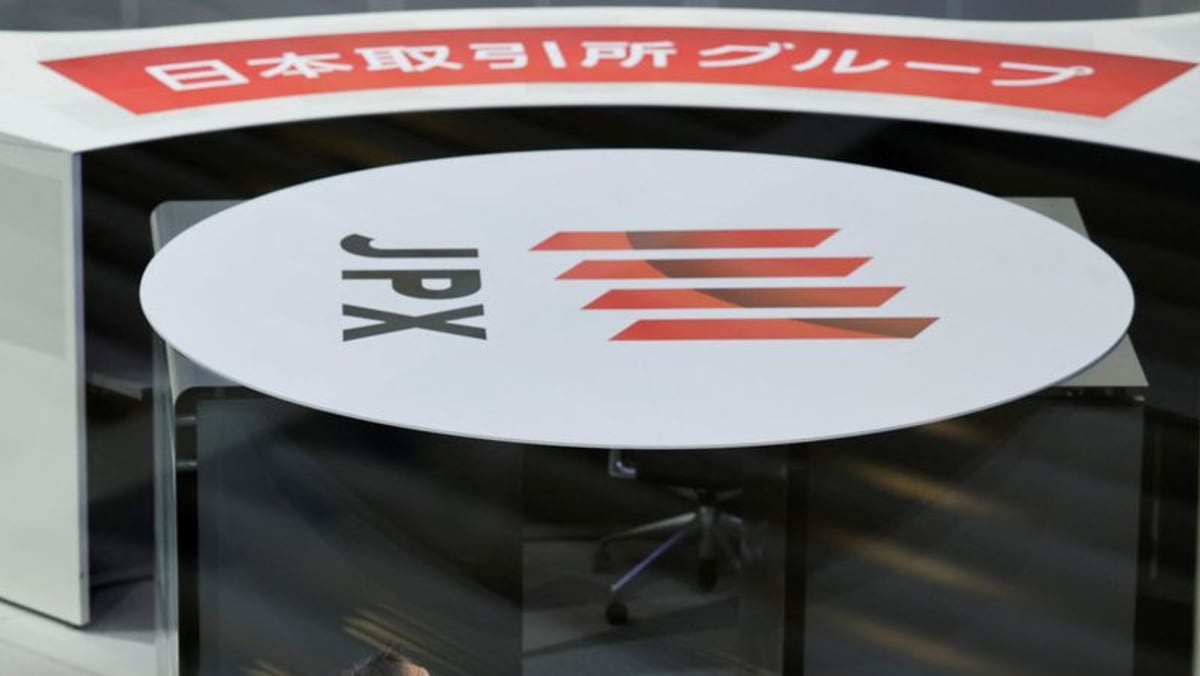
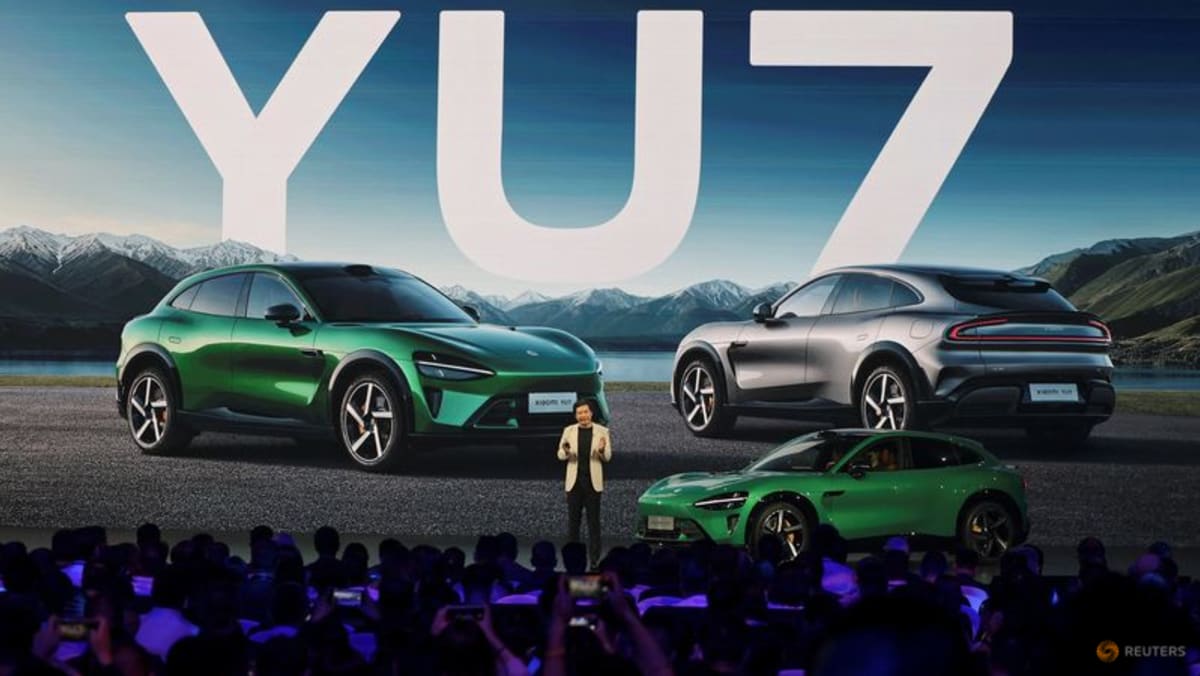
















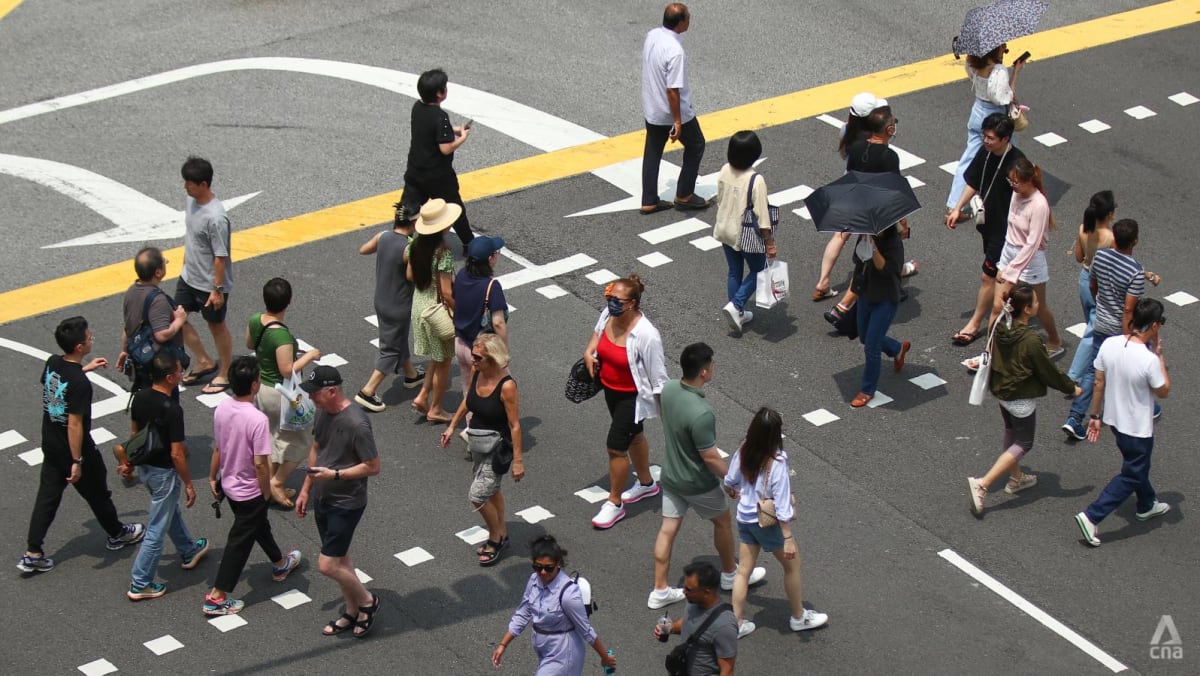








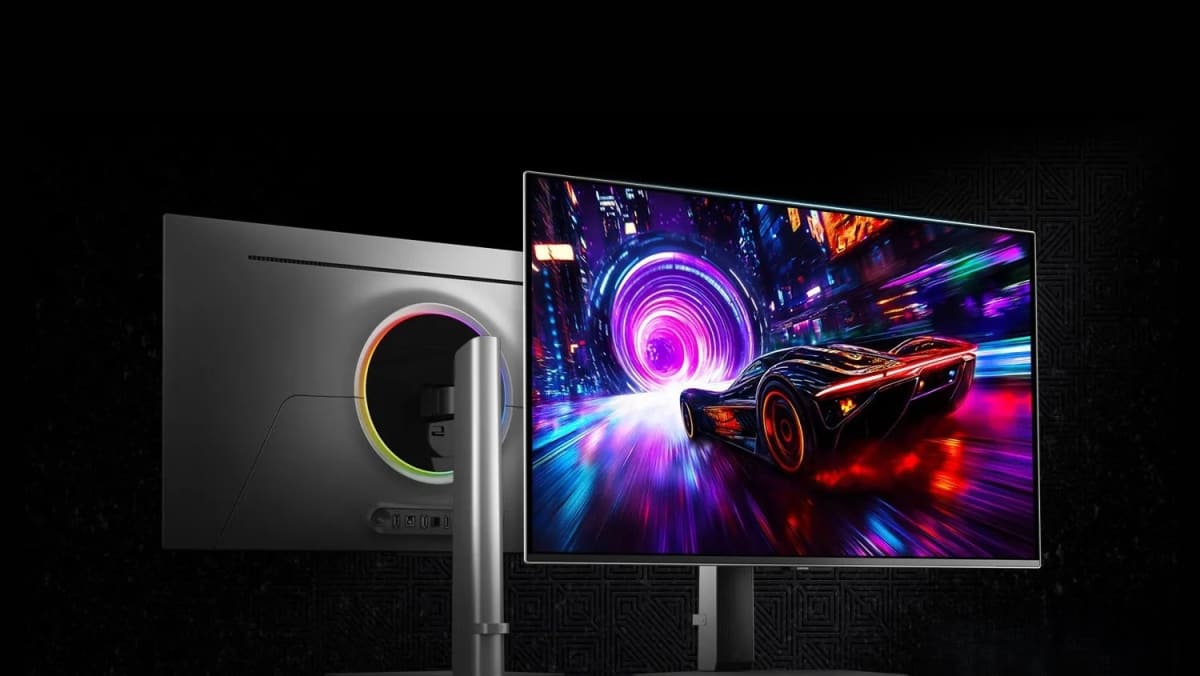



.png?itok=erLSagvf)
